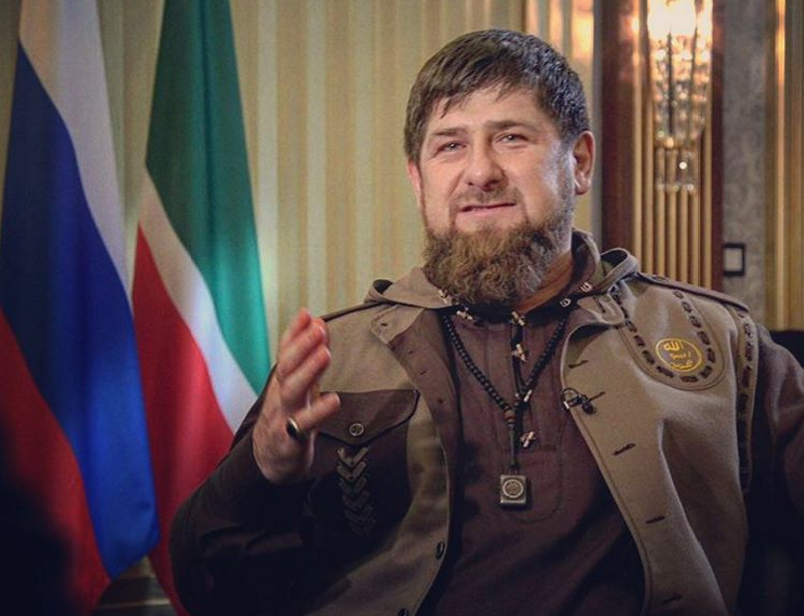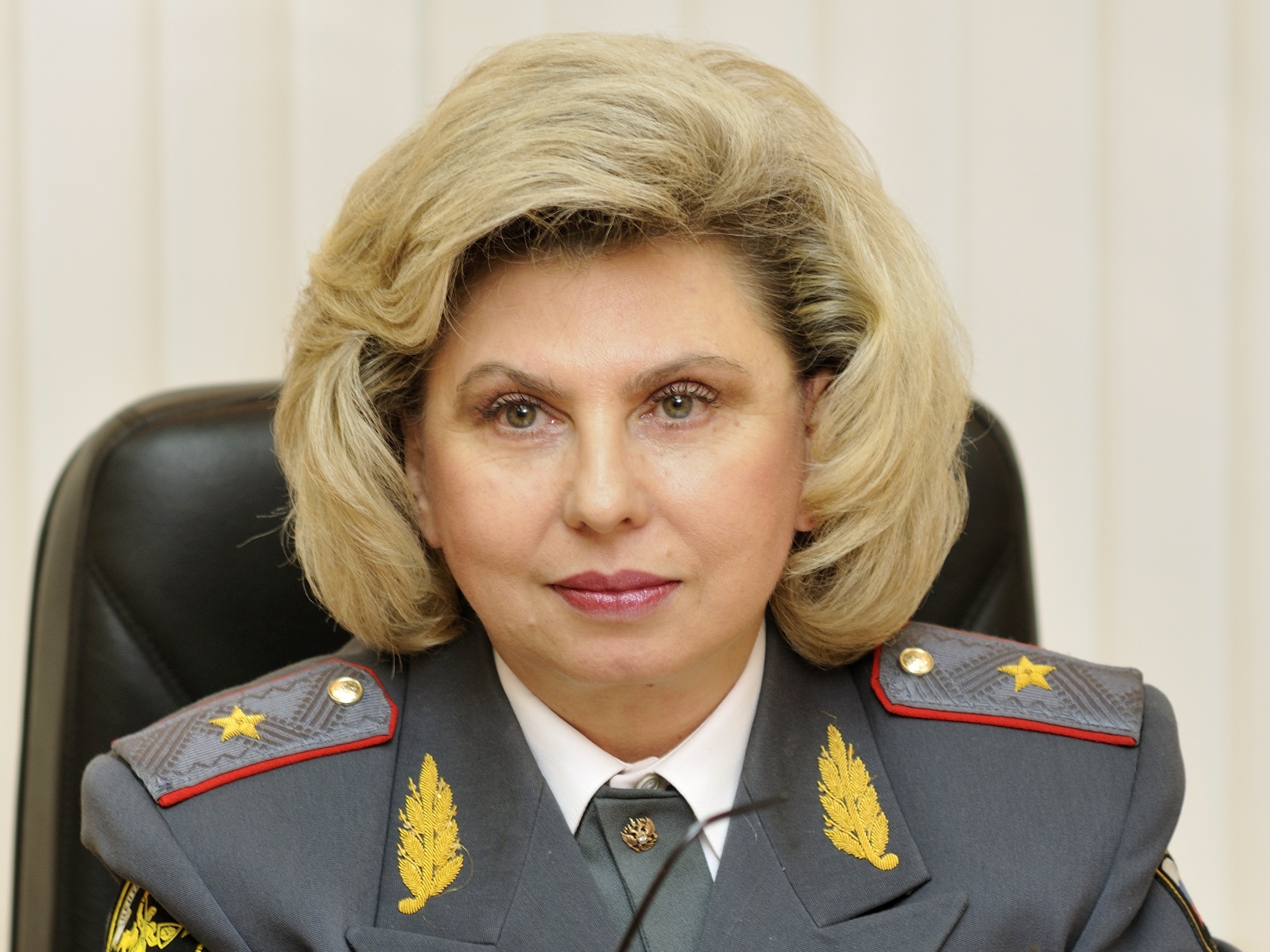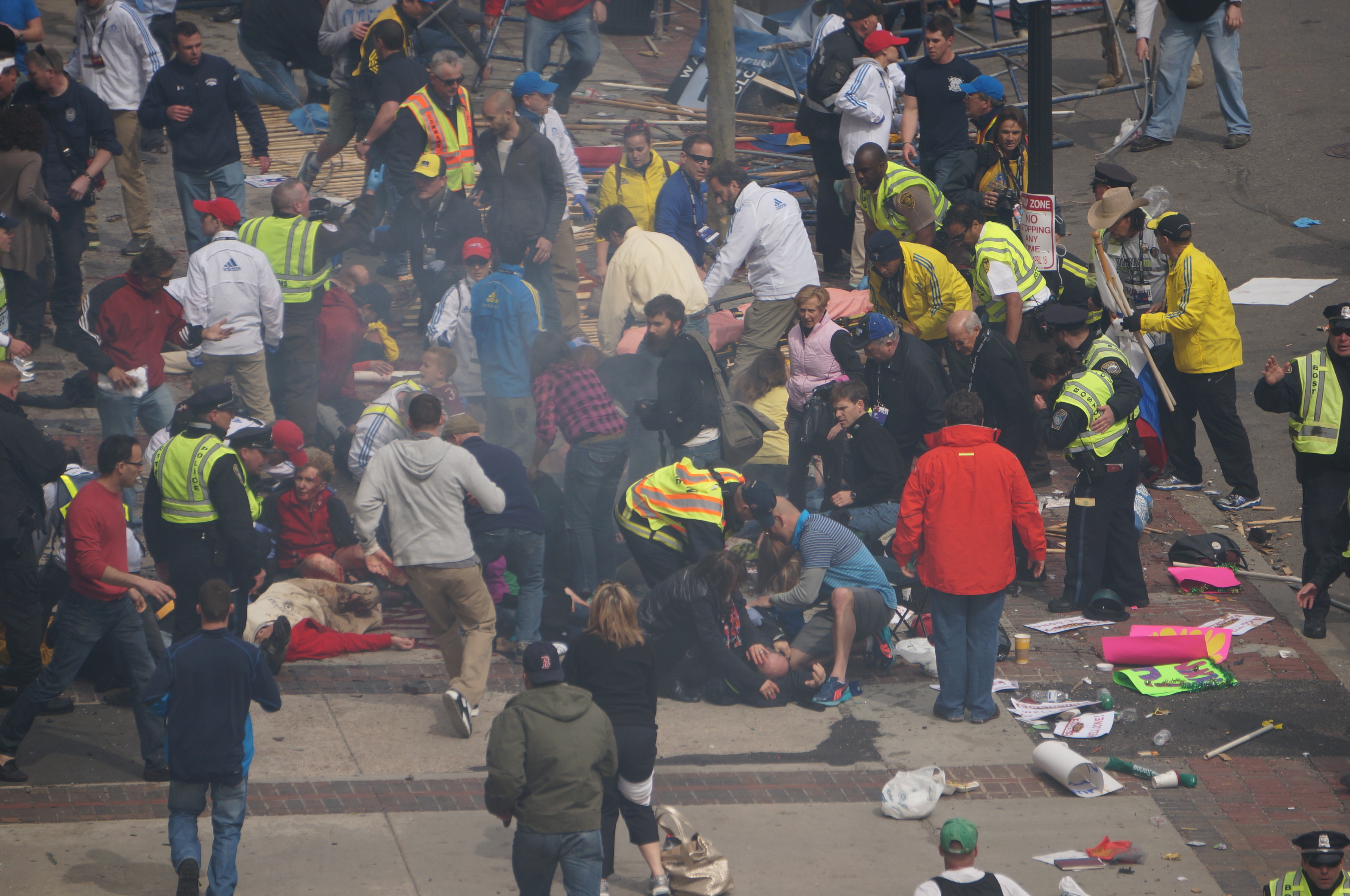We are used to having freedom to say what we want. But what if we didn’t? And what if a foreign state was telling us so? In a world beset by ISIS we are used to terrorist attacks by non-state actors. But what if a state with veto power at the UN Security Council was launching a war of hybrid terrorism against our homeland?
On December 26, 2015 Kremlin-backed head of Chechnya, Ramzan Kadyrov, publicly threatened to find and ‘punish’ anyone who dares to criticize him in Europe and North America and then urged Chechens living abroad to fight and blow themselves up. What do we know about this man? Is Russia threatening our democracy and security?
Who is Kadyrov?
Russian president Vladimir Putin appointed Kadyrov to be the head of Chechnya in 2007 with the goal of suppressing any dissent in a breakaway republic. It is widely believed that Putin gave Kadyrov absolute powers to act outside of law in exchange for his absolute loyalty to Moscow. Since then, Kadyrov has been accused of governing Chechnya as a medieval tyrant.
Human rights organizations criticize Kadyrov for gross violations of human rights, imposition of sharia law, region-wide dress code, forced child marriage, polygamy, public shaming, collective punishment by burning of houses, abductions, personal involvement in torture and executions, and assassinations of political opponents.
The opposition accuses him of assassinating journalist Anna Politkovskaya (shot in Moscow, 2006), politician Movladi Baisarov (shot in Moscow, 2006), politician Sulim Yamadaev (shot in Moscow, 2009), Russian MP Ruslan Yamadaev (shot in Moscow, 2008), critic Umar Israilov (shot in Vienna, 2009), human rights activist Natalia Estemirova (abducted, found dead in Chechnya, 2009), opposition leader Boris Nemtsov (shot in Moscow, 2015) etc.
Recent threats
Kadyrov is well-known for his public threats and controversial statements. He usually posts them via Instagram or state-controlled media. In recent months Kadyrov made threats and statements that caused a storm of controversy and protests among the Russian opposition and Chechen diaspora abroad. In December 2015, Kadyrov started a campaign of public shaming and assassination of people who dared to criticize endemic corruption and human rights abuse. For instance, he publicly shamed a social worker – Ayshat Inaeva who complained of crushing poverty and corruption. A few days later, a Chechen resident Adam Dikaev was publicly humiliated for daring to criticize Kadyrov. Meanwhile, hundreds of abductions and assassinations took place across Chechnya. Among them is the abduction and murder of a 36 year old Chechen State University Professor Khizir Yezhiev and some of his students for a critical post on Facebook.
Kadyrov’s actions prompted outrage among 200-300 thousand Chechens living in Europe. Chechens who fled oppression back home and now live in Europe took to the streets of European capitals in protest. In response, Kadyrov publicly threatened to retaliate against their relatives in Chechnya.
On January 12, 2016 Kadyrov said that opposition and critics inside and outside of Russia must be tried and punished as ‘enemies of the people and traitors.’ On January 19 Kadyrov published an article in a Kremlin-backed paper Izvestia where he called opposition members ‘jackals’ who must be punished in order to save Russia. In the same article he promised to put critics and their sympathizers in a psychiatric hospital in Chechnya. Kadyrov’s administration organized a mass protest against ‘fifth column and enemies of the people’ in Chechnya. The demonstration took place on January 22 amid accusations that residents and government employees were forced to participate under threat of losing their jobs and further repercussions.
Kadyrov’s actions resulted in a storm of controversy, internet posts, and articles. Russian opposition activists and media publicly protested his threats, pointed out to hate speech, breach of constitution, and asked for appropriate response from authorities. On January 15, about 10,000 opposition leaders and human rights activists signed a petition demanding Kadyrov’s resignation. The same day, Kadyrov posted a photo of his angry dog and warned that its “fangs were itching.” However, Russian president Vladimir Putin remains silent on the matter. On January 20, Putin’s spokesman Dmitry Peskov tried to play down Kadyrov’s statements and said that he was not aware of Kadyrov’s statements and was not interested in reading them. Critics interpreted Peskov’s statement as tacit endorsement of Kadyrov’s threats. Does Putin’s endorsement mean that Kadyrov’s threats will materialize? And what should we make of his statements inciting terrorism?
Kadyrov’s aggressiveness towards the United States and Europe reached new levels in recent months. On January 22, Kadyrov said that he declared war on enemies of Russia. And a few days later, in a public speech Kadyrov’s right hand Russian MP Adam Delimkhanov declared that ‘Jews and American Zionists are enemies of God, trying to destroy Russia.’ He promised ‘with God’s mercy and by God’s name’ to stand by Kadyrov against the whole world’ before pointing his index finger to the sky and exclaiming th islamist battle cry – ‘god is great’ to the excited crowd in Grozny. In the light of these developments, Kadyrov’s calls for Chechens living in Europe and America to ‘fight and blow themselves up’ sound even more alarming.

Does the Russian state bear responsibility for Kadyrov’s words and actions? On January 25 Russian President Vladimir Putin praised Kadyrov for doing his job ‘effectively’ and the head of Putin’s administration, Sergey Ivanov, described Kadyrov’s actions as ‘unimpeachable.’ Moreover, Putin provides Kadyrov access to state resources and infrastructure abroad. For example, Said-Selim Peshkhoev – Kadyrov’s man overseeing execution of critics in Europe, is accredited at the Russian embassy in Vienna.
The West should consider the danger of Russia assassinating our citizens and imposing censorship in our societies. What will it mean for our democracy? And most importantly should NATO consider the threat of hybrid terrorism on NATO soil when foreign official incites terrorist attacks while enjoying protection of the Russian state?



